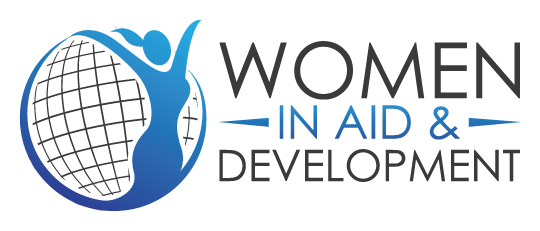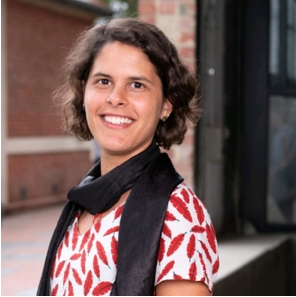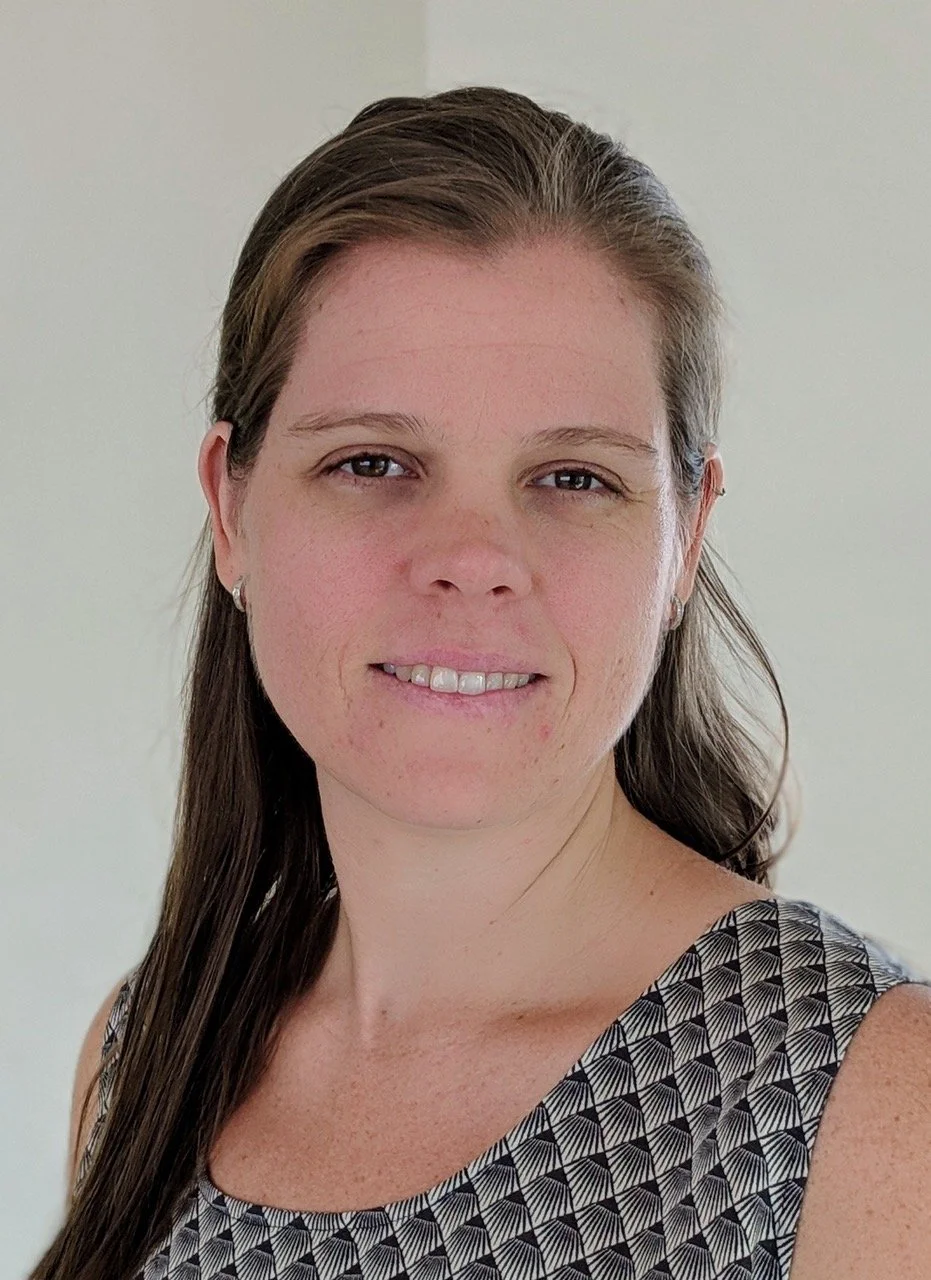You are invited to join Women in Aid and Development's online networking event to be hosted via Zoom on Monday 25th July 2022 from 6-7.30pm. We pride ourselves on providing low key, inclusive, friendly events with exceptional speakers. We'd love you to join us!
Climate change is the biggest challenge facing current and future generations. The world’s poorest people and communities will feel its impacts the hardest, as they have lower capacity to deal with damage from more volatile weather, rising sea levels, more frequent natural disasters, food insecurity and habitat loss.
International development specialists, environmental scientists, engineers, natural resource economists and others bring knowledge and skills to work alongside communities and help them prepare for extreme weather events, protect homes, and land, and mitigate the effect of climate change on infrastructure, the environment and livelihoods.
Climate change will impact every role in the sector so come along to hear from speakers who support communities with sustainable climate change adaptation and mitigation projects that build community resilience and reduce the impact of natural disasters. Our speakers will also share how their experiences have shaped their career in the aid and development sector.
Everyone is welcome, so please share the event with your friends and colleagues.
Cost: $5 -General Non-members, Free - Members of Women in Aid & Development
Meet the Speakers
Melissa Bungcaras
Melissa Bungcaras is the Climate Justice Strategic Lead for Oxfam Australia.
Melissa is responsible for overseeing the implementation and monitoring of Oxfam Australia’s climate justice strategy. She has worked alongside communities, non-profit organisations and government across the Asia Pacific to advocate for stronger climate action from local to global levels.
Melissa is passionate about using feminist approaches in connecting environmental issues with social development outcomes, and ensuring marginalised and excluded voices are forefront in policy and project development and delivery. She holds a Master of Environmental Management and Development from the Australian National University.
Stephanie Hamel
Stephanie Hamel is an environmental or Water, Sanitation and Hygiene (WASH) engineer and has been working for 15 years in Non-Governmental Organisations, consulting firms and local Council in Australia, Timor-Leste, Uganda and the Solomon Islands.
Stephanie is now based in Vanuatu where she has been working for the last 3.5 years, as Engineers Without Borders (EWB)’s Country Manager. In this role, Stephanie works with the in-country team to build a DFAT-funded Technology Development Programme, in collaboration with communities, Government Departments and local organisations, leading to the development of Climate-Resilient and Inclusive Technologies.
In a second component of this role, she facilitates a New-Zealand Ministry of Foreign Affairs and Trade (MFAT)-funded programme, aiming to strengthen the Vanuatu Engineering Sector, inspiring students to take on engineering careers and supporting a Women in Engineering network, with the overall focus to support the Water Engineering Sector.
Stephanie is constantly looking for opportunities to connect with new partners, in order to progress EWB’s vision that Technologies benefit All, People and the Environment, and that everyone has access to the engineering capability and leadership required to live a life of opportunity and be free from poverty in all its forms.
Amy Reggers
Amy Reggers has a PhD in social science and has been working in international development for 12 years, with experience researching and working in Papua New Guinea, Timor Leste, Bangladesh, Cambodia and Viet Nam.
Amy’s professional experience has been working for UN Women country offices in the Asia Pacific, as well as the regional technical lead on gender and climate change projects. This includes programme design, research, policy analysis and technical advice and capacity building for government counterparts.
Amy also has experience working on gender equality commitments in climate change action for UN Environment, the Asian Development Bank as well as training and design of learning materials on gender and climate change with UNITAR. Amy has published academic articles and authored practitioner reports, training manuals, policy analysis and briefs on gender and climate change in the Asia-Pacific region.



